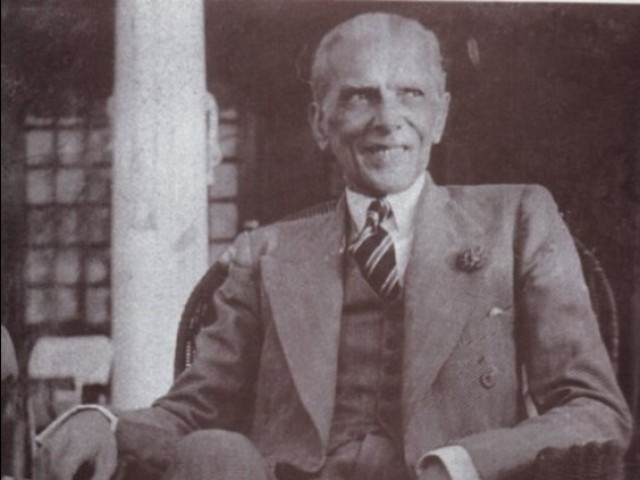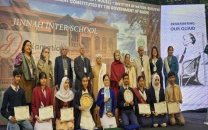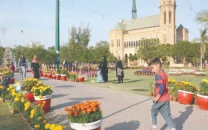Retrospective look: No hope of real change in Pakistan, says US academic
Ainslie Embree looks back at the vision Jinnah had for the nation

Professor Emeritus at Columbia University Ainslie Embree, editor in chief of the Encyclopedia of Asian History (1989), remarked that Pakistan has become the state that Jinnah never spoke of.
During the first constituent assembly in August 1947, Jinnah reiterated that the state had nothing to do with any citizen’s religion. However, contrary to his vision, minorities are not safe in Pakistan, Embree said, with Ahmadis and Christians mainly targeted among the minority groups.
In the last 30 years, it has often been said that Pakistan is ‘on the brink of disaster’ and is a failed state, Embree said. However, comparisons between Pakistan and states like India are unfair as Pakistan “has a mission to become a fully Islamic state”, he said. He argued that while Muslim rulers tried to protect Islamic culture, they did not focus on Muslim unity.
Embree argued that Pakistani people want a ruler who uses his power to spread Islam. “This is the tension that exists in Pakistan,” he said. At this point, there was laughter in the hall, which was filled to capacity. Embree said there is no hope of real change in Pakistan and only a revolution on the basis of Islam can come to Pakistan.
Published in The Express Tribune, September 17th, 2014.



















COMMENTS
Comments are moderated and generally will be posted if they are on-topic and not abusive.
For more information, please see our Comments FAQ